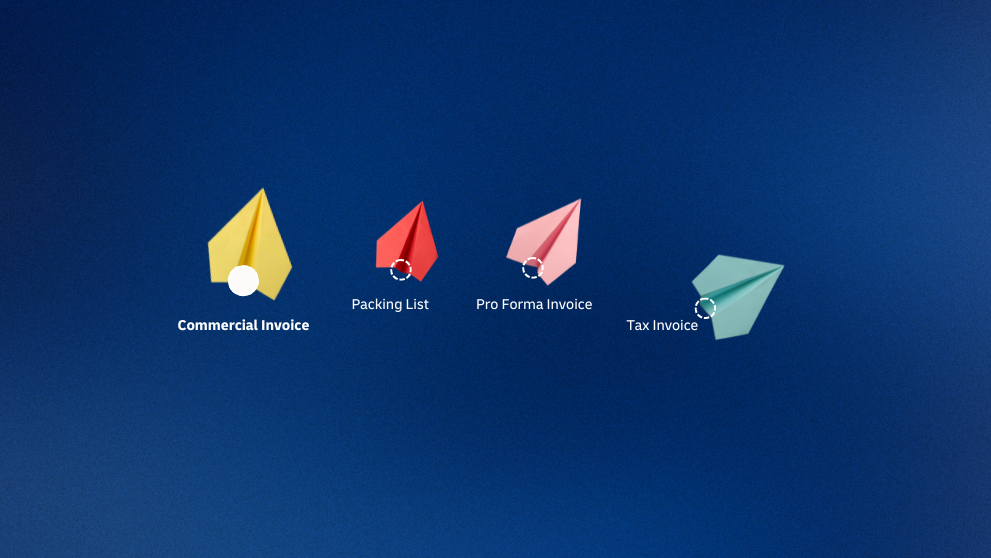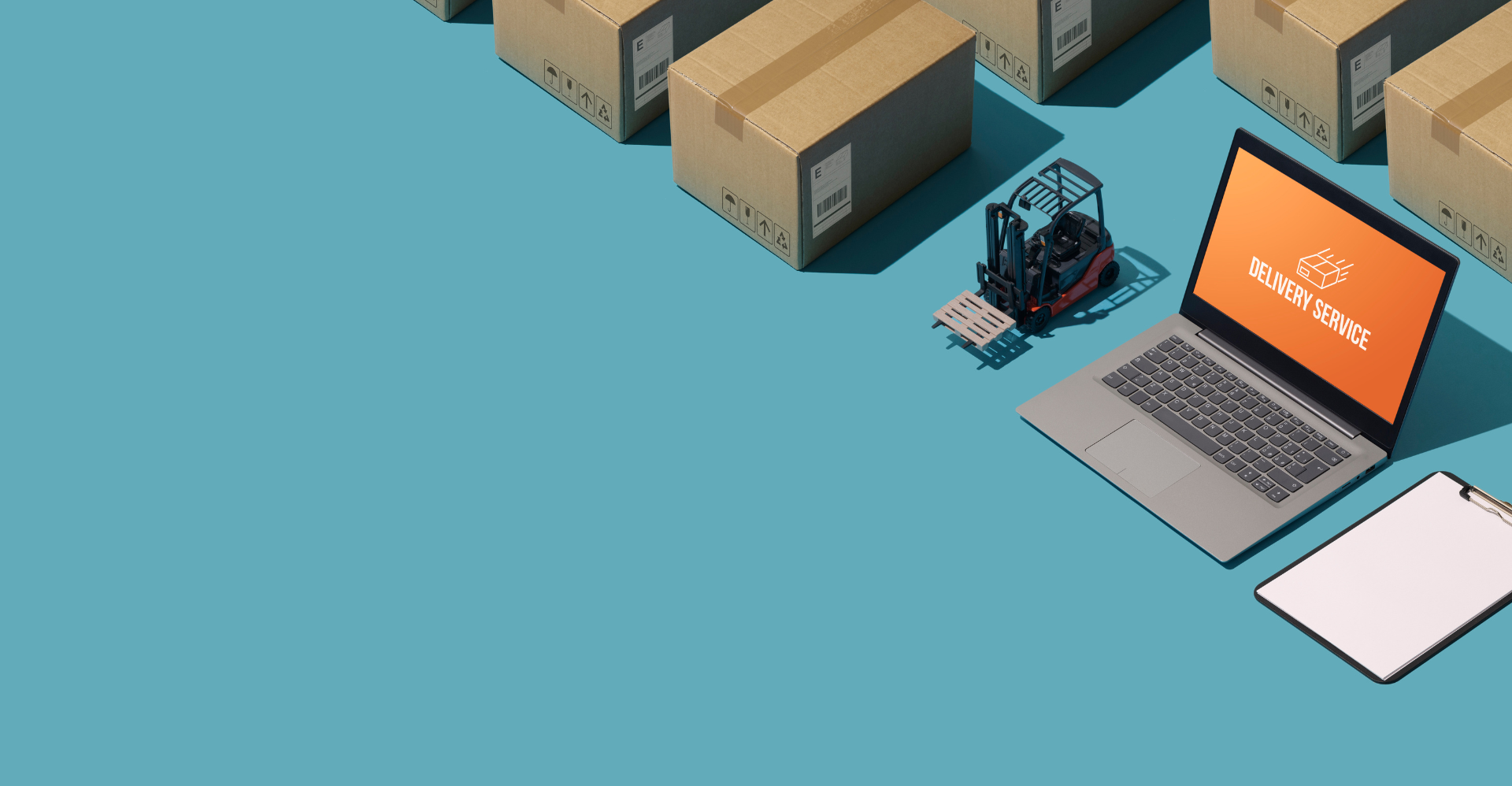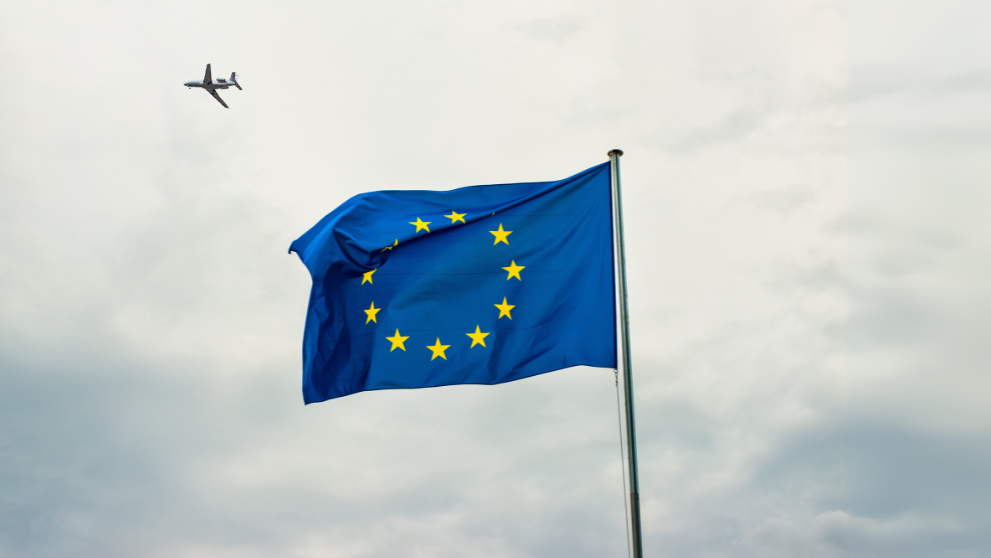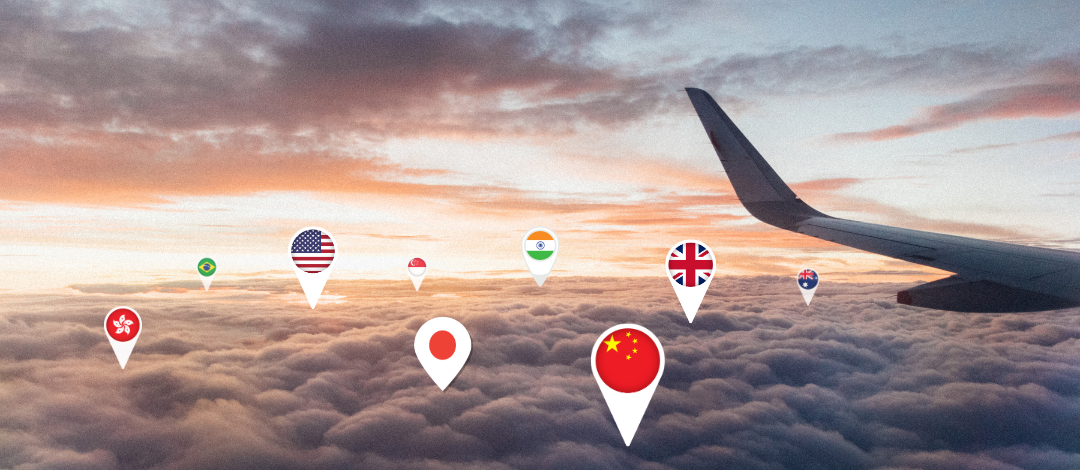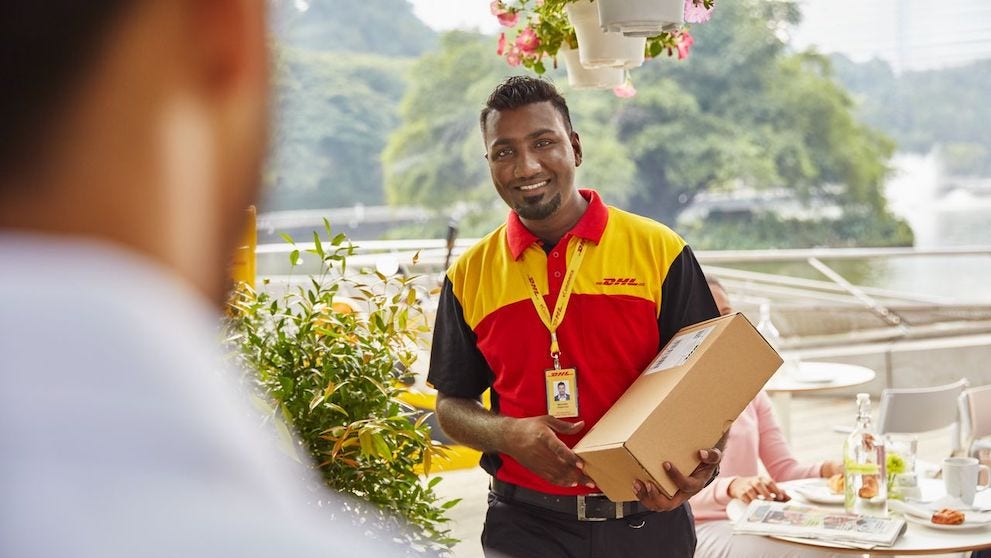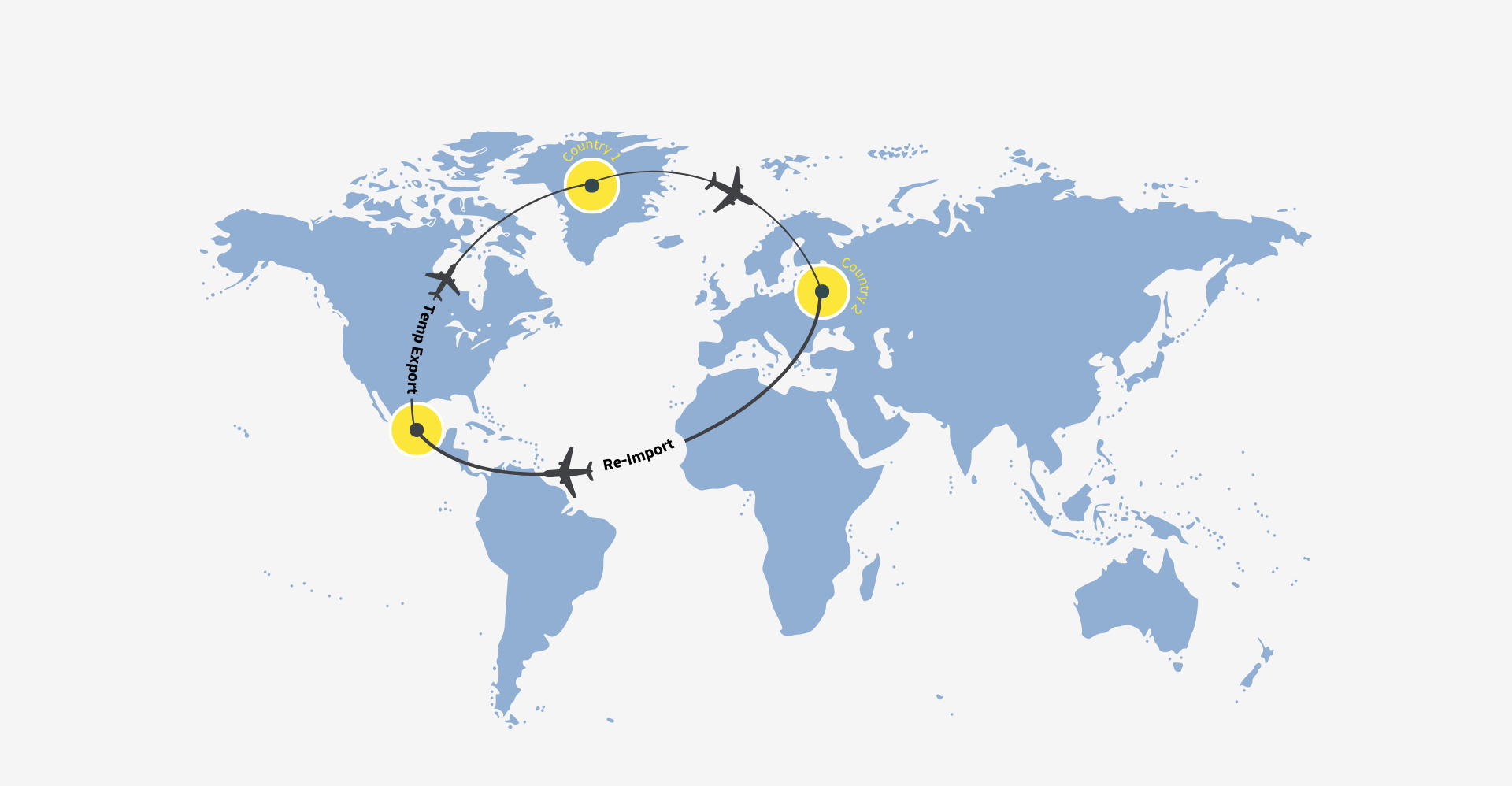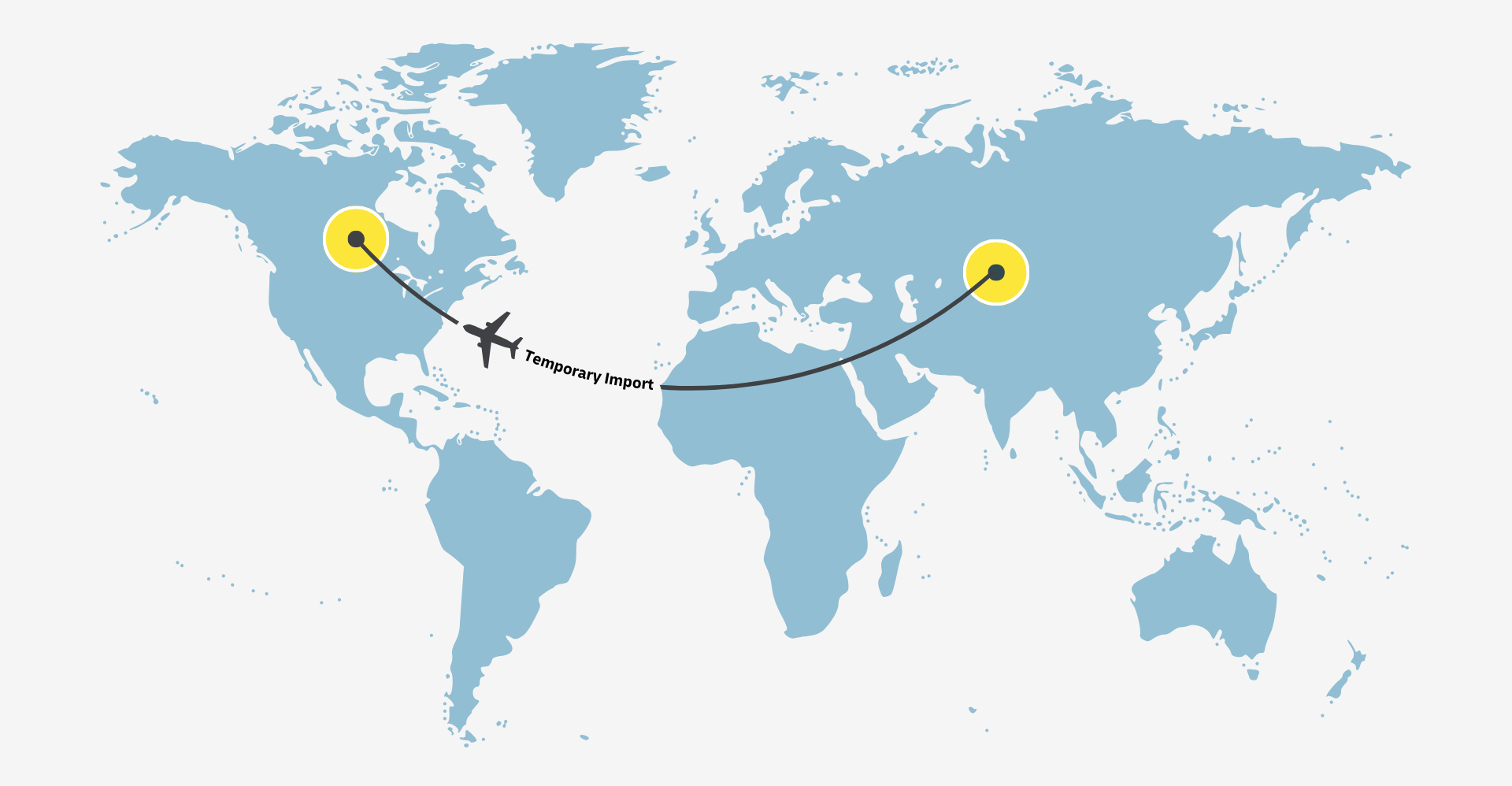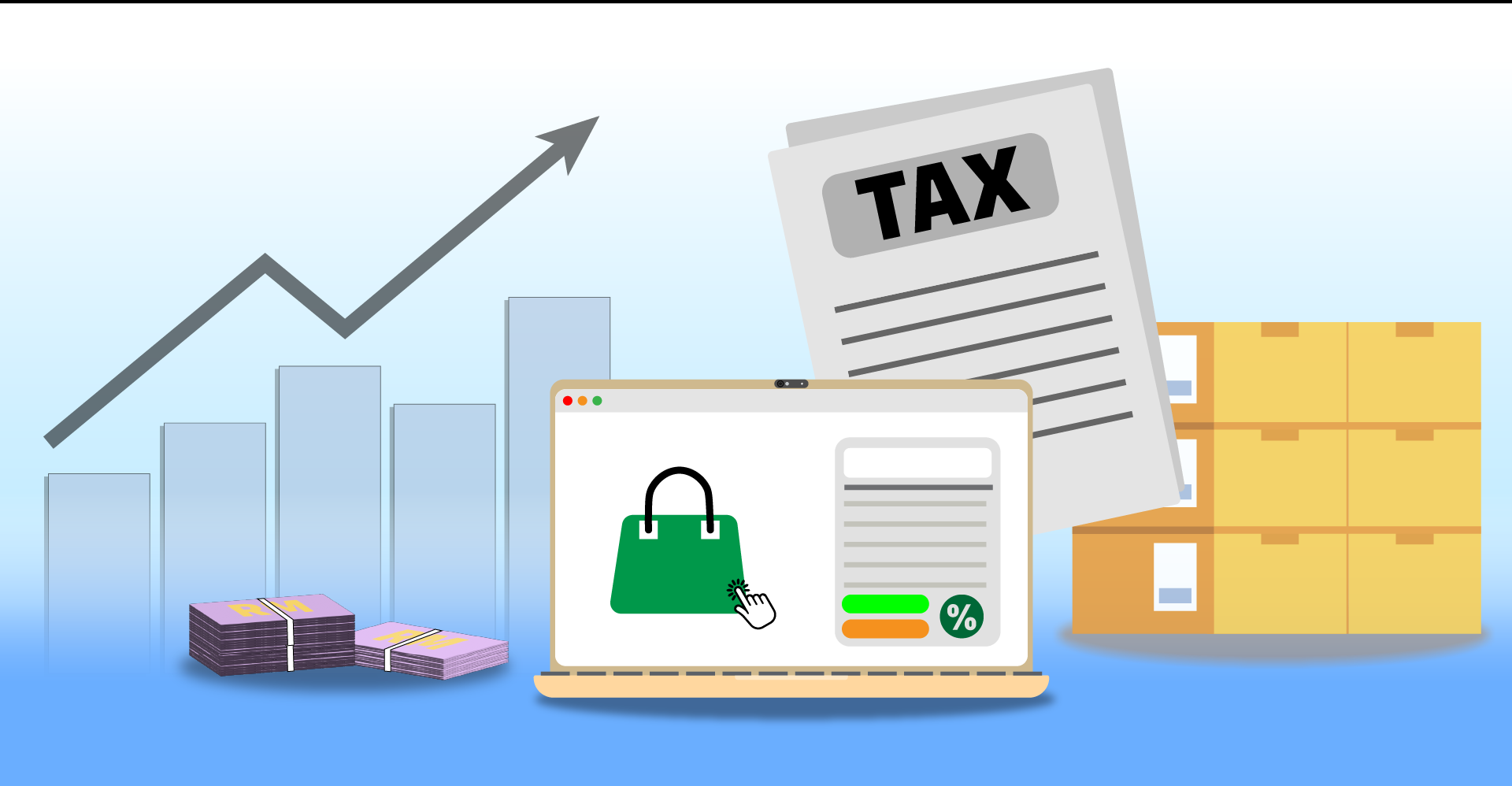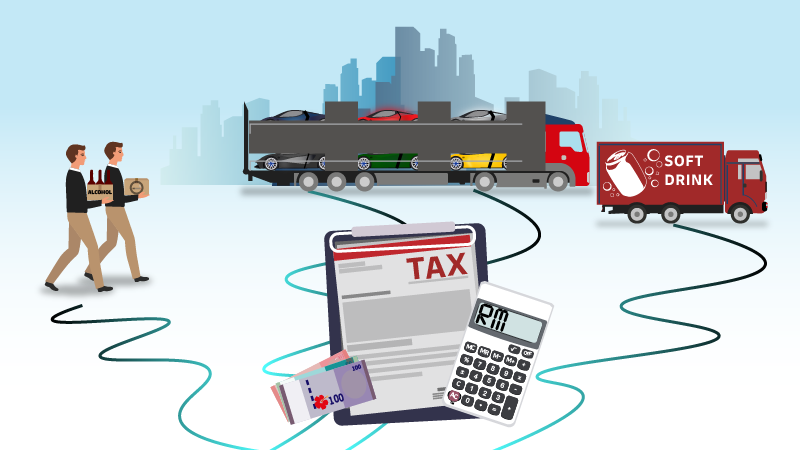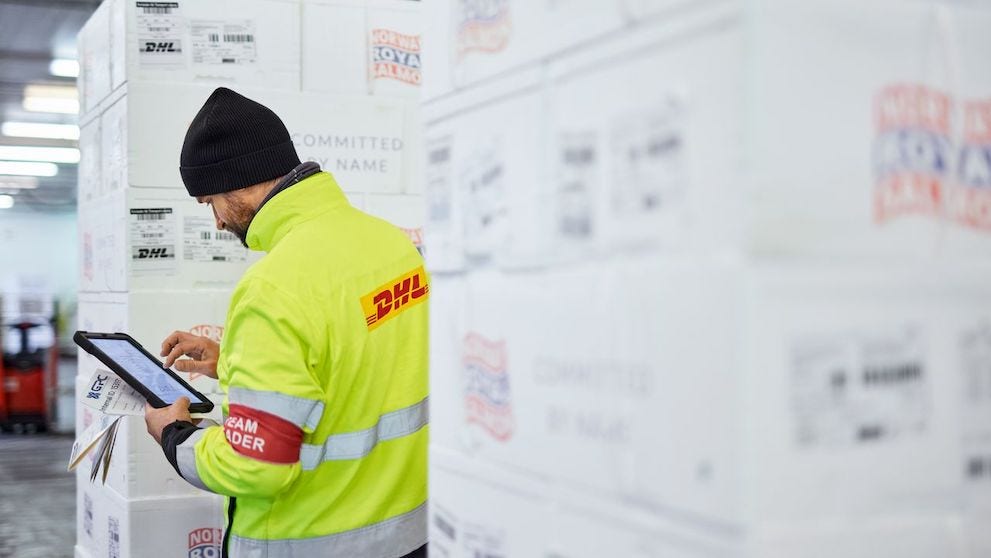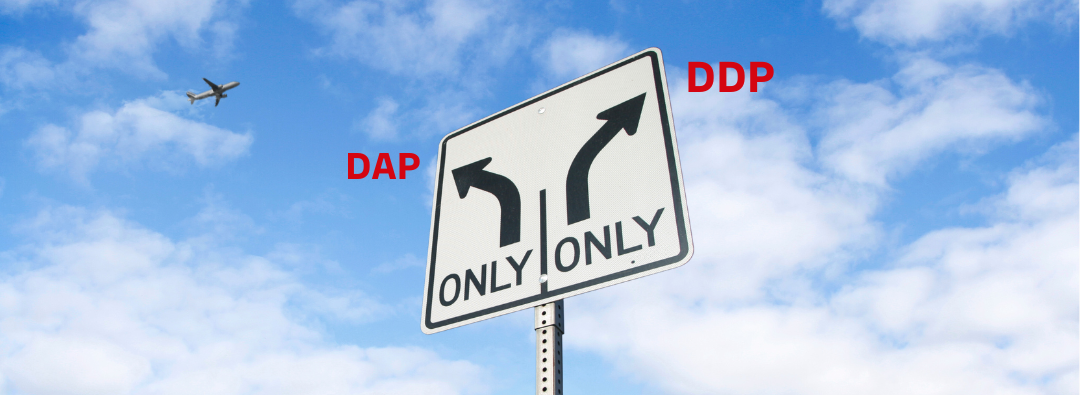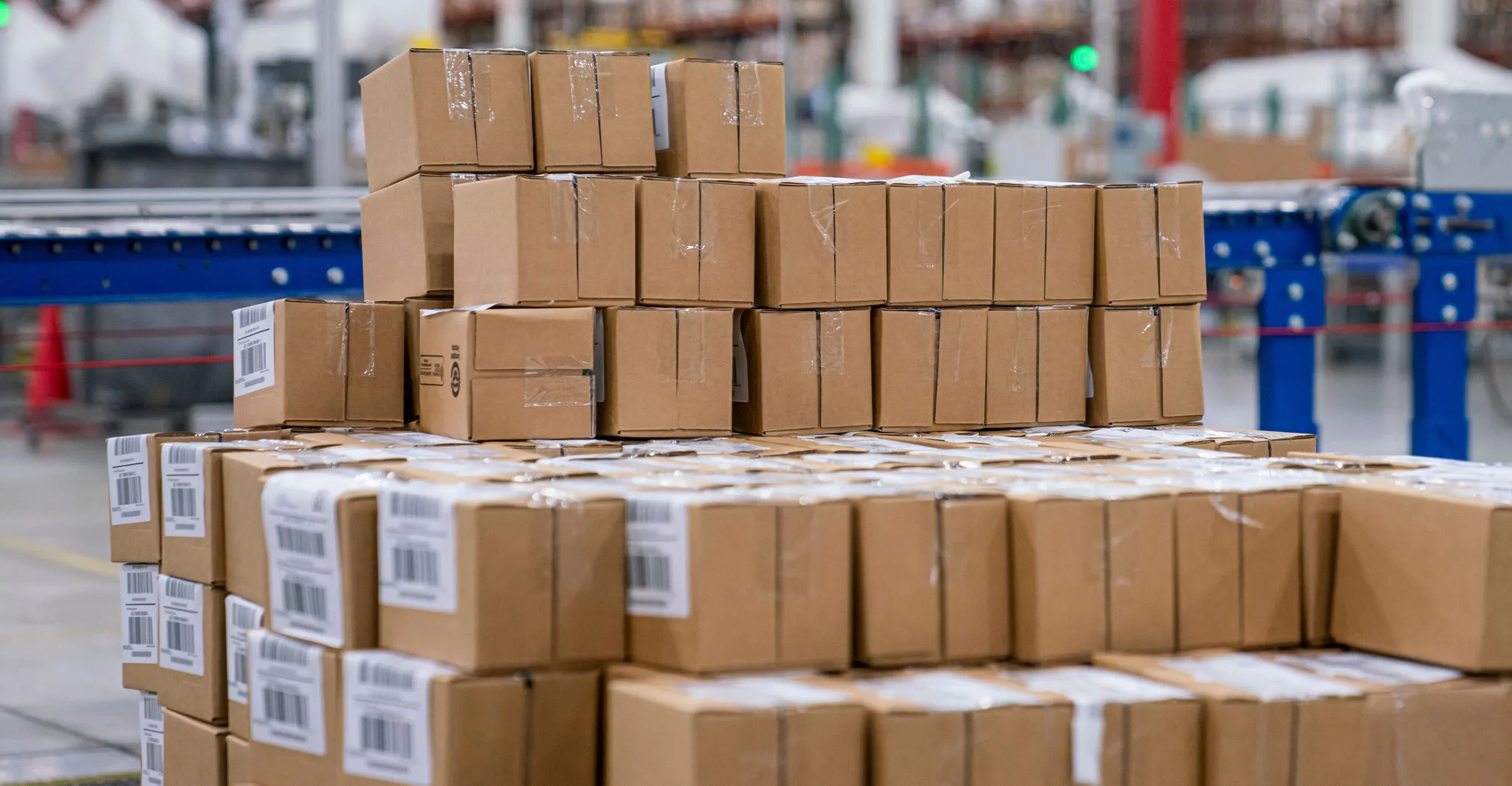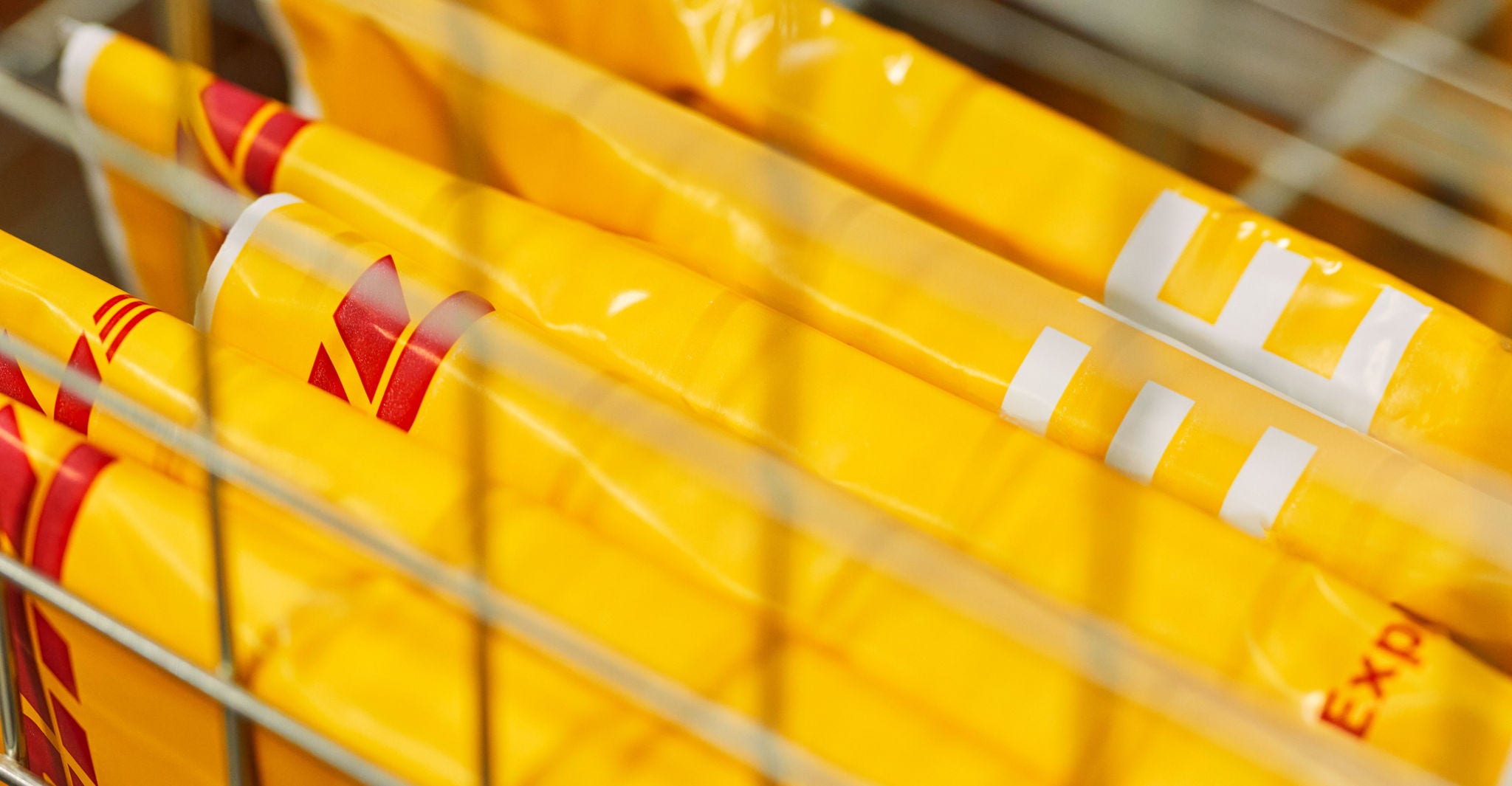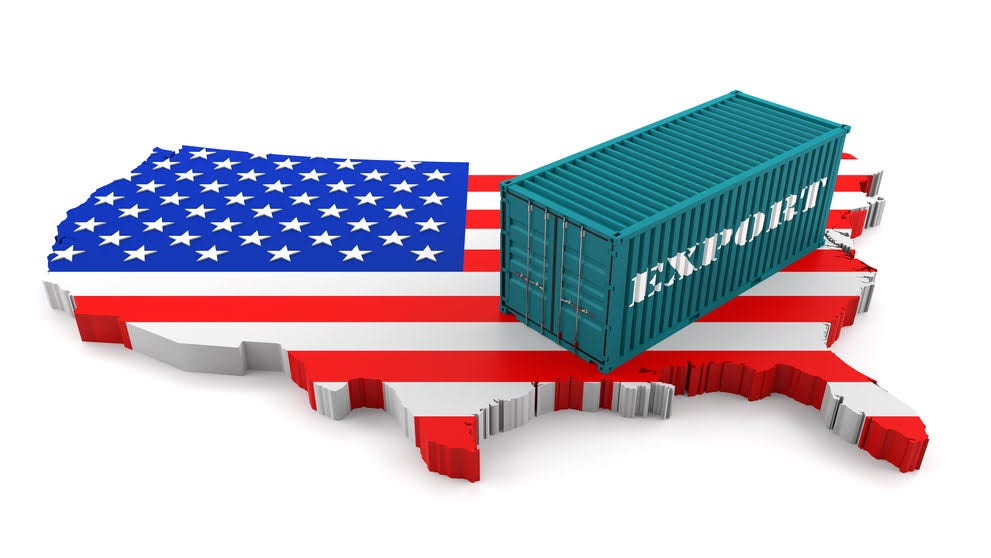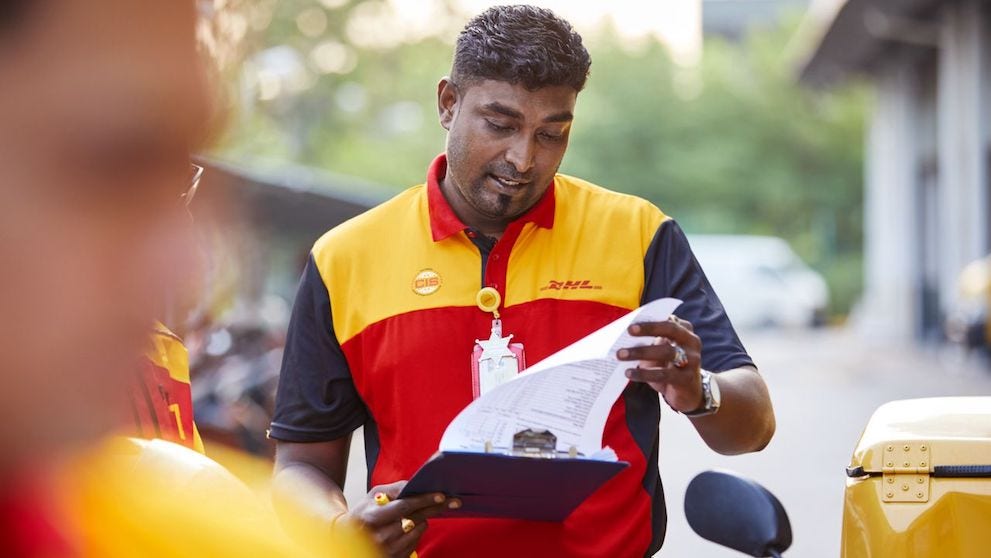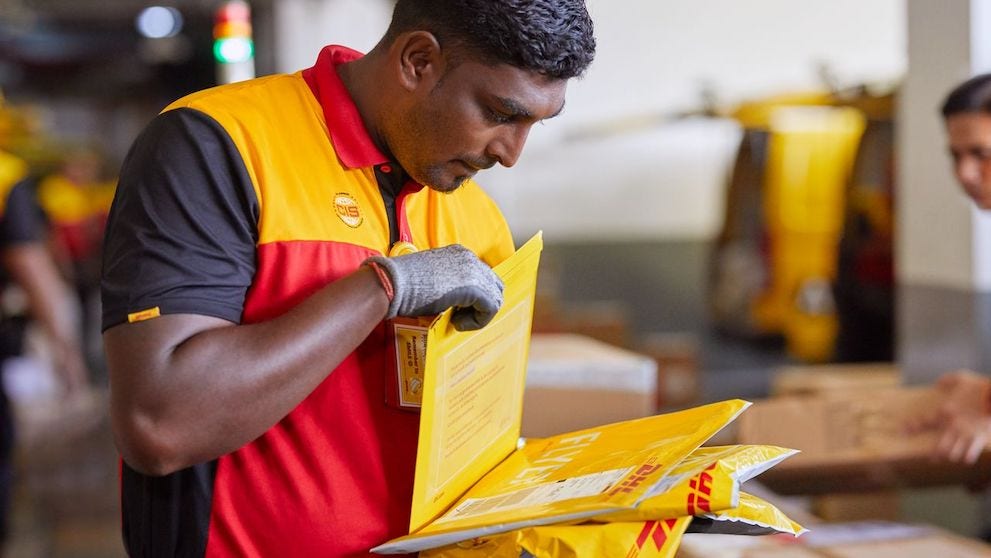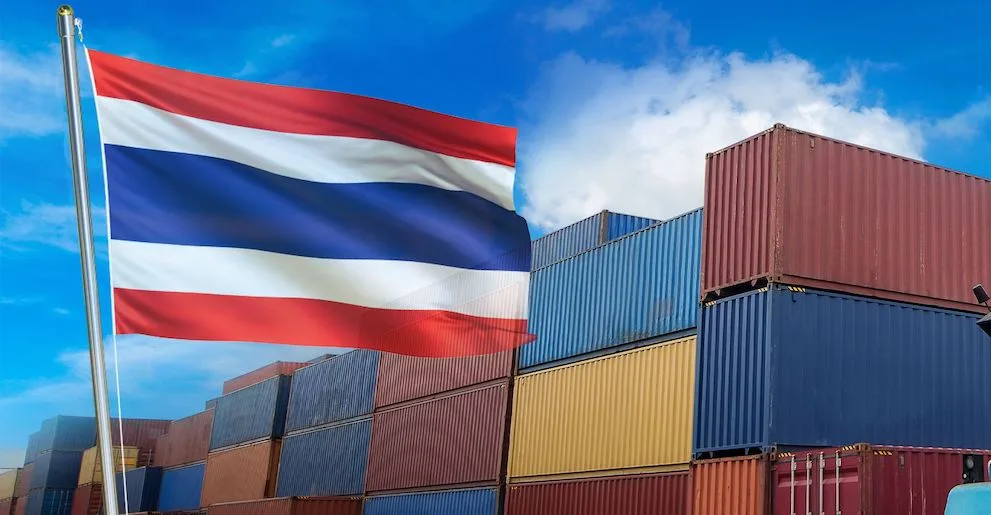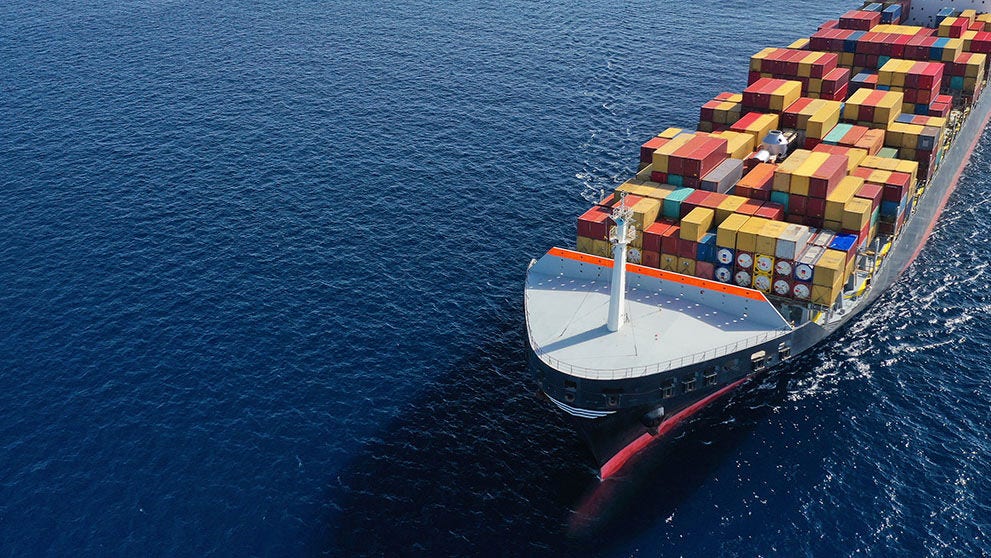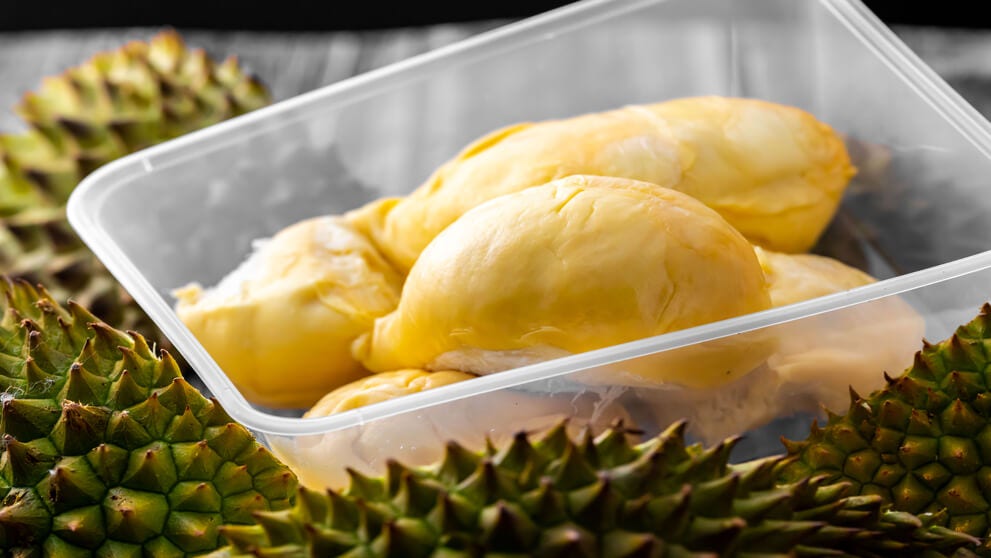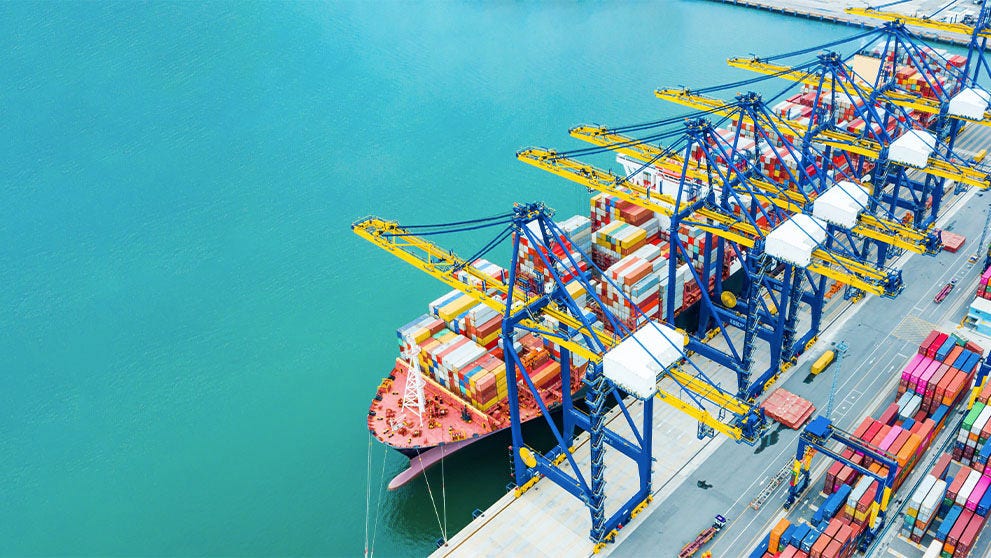
Statista reports that the Indonesian market is the ninth largest e-commerce market in the world, and this is proven by the nation’s 2021 turnover of US$43.4 billion. From 2020 to 2021, the country recorded a 15% growth rate in global e-commerce. The same statistics show that the country is expected to have an annual growth rate of 10% between 2022 and 2025. Additionally, Statista suggests that e-commerce user penetration in Indonesia is expected to reach 77% by 2025. These statistics show immense potential for Malaysian companies to export their products to Indonesia and tap into this growing market.
Shipping from Malaysia to Indonesia
When shipping to Indonesia from Malaysia, the process starts with first-mile delivery in Malaysia and last-mile delivery in Indonesia.
First-mile delivery covers the first stage of the logistical journey where the parcel leaves the origin address. This process involves packaging the parcel securely, labelling it and attaching all the necessary documents to ensure smooth transport. The documents required include Certificate of Origin, Master Airway or Bill of Lading, insurance policy, receipt of payment of import duty and import-related taxes and other relevant permits, licenses, and certificates.
Once all the documentation, packaging and labelling are completed, you can hand over the parcel to your global courier service to kickstart the delivery process from Malaysia. When the package reaches Indonesia, it is first sent to the destination warehouse, where it is then delivered to the customer in the last mile. The logistics provider uses its fleet to deliver the shipment to the destination address at this stage.
Expected costs
The expected costs include shipping from Malaysia to Indonesia. They also include the import taxes and duties of the destination country. When sending a parcel to Indonesia from Malaysia, you’ll need to be aware of Indonesia’s import taxes and customs regulations. The country imposes taxes on the import of certain goods and products.
For instance, CIF (Cost, Insurance, and Freight) calculation is based on the total cost of goods, freight, and insurance. You can determine whether your goods qualify for import taxes by checking the products’ HS codes and finding the requisite tariff schedules. There are some items that can be imported duty-free which includes books, laptops, and electronic goods.
If the value of your products is below this threshold, you do not have to pay additional import duties. The standard tariff rate VAT of 10 % would then apply, and additional excise and sales tax may be imposed depending on the categories of the products you are exporting.
Expected delivery times
While the cheapest courier services might seem to be a cost-effective option when shipping from Malaysia to Indonesia, you would want to pay attention to your customer needs. In fact, according to a survey by software company Omnitracs, 65% of consumers will pay more for quicker deliveries completed in one to two days. It was found that 63% of consumers consider quick delivery speed an essential factor in their decision-making process. Since fast shipping is an important facet of e-commerce, considering logistics service providers with the ability to offer express deliveries will bode well for your business. These couriers should also offer same day delivery.
Prohibited and restricted shipping items to Indonesia
Should you plan to send a package from Malaysia to Indonesia, you will have to be aware of what are the things that are prohibited for being imported into Indonesia. Here’s a list of things that are prohibited without a special permit and cannot be brought into Indonesia:
Narcotics and drugs
Chinese medicine
Pornographic materials
Firearms, ammunition, and explosives
Hunting/Sports items
Fresh fruit
The importation of electronic equipment is not permitted while film pre-recorders, videotapes, records, and computer software will be screened by Indonesia’s censor board. Apart from those products, the following products can be imported (duty-free) into Indonesia in the mentioned quantities:
100 grams of tobacco, 200 cigarettes, or 25 cigars
1 litre of alcohol
Reasonable quantities of perfume
Considering the close proximity of the two nations, as well as similarity in some aspects of their culture, Indonesia offers a great opportunity for Malaysian businesses to expand their reach in the region. Apart from knowing the procedure and regulations of shipping a parcel from Malaysia to Indonesia, having a good understanding on how to improve customer retention for your business is also essential. This would help businesses promote customer loyalty and build a good reputation for themselves as well. For some tips to get started, view our guide on the ways establish your global target market when expanding your business.


